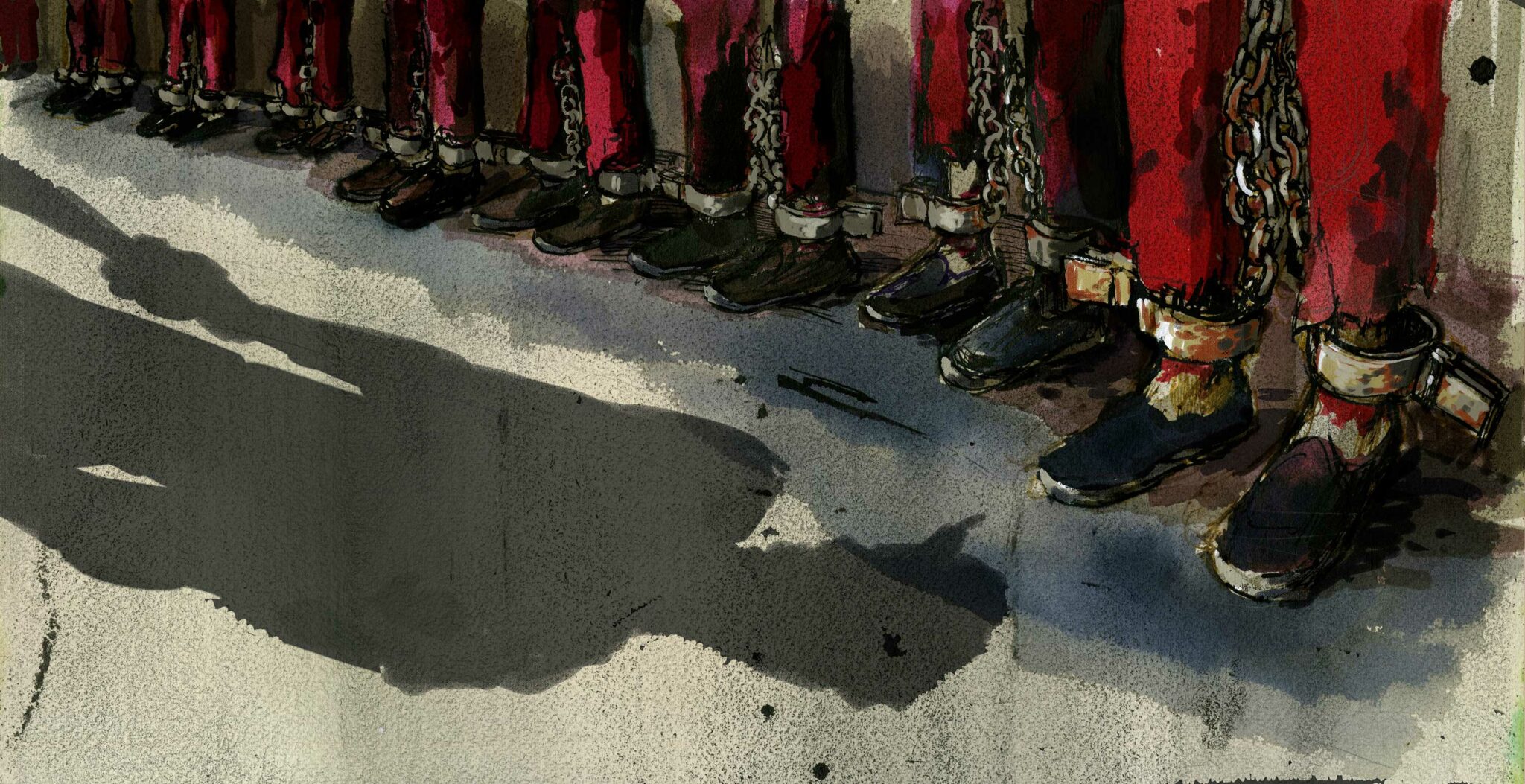Freedom of religion and the right to take part in cultural life in international law
Freedom of religion or belief is a human right enshrined in the Universal Declaration of Human Rights (UDHR), the International Convention on the Elimination of All Forms of Racial Discrimination (CERD), the International Covenant on Civil and Political Rights (ICCPR), and the Declaration on the Elimination of All Forms of Intolerance and of Discrimination Based on Religion or Belief, among other international human rights instruments. [[[UN General Assembly, Universal Declaration of Human Rights (UDHR), 10 December 1948, 217 A (III), available at: →; UN General Assembly, International Covenant on Civil and Political Rights (ICCPR), 16 December 1966, United Nations, Treaty Series, vol. 999, p. 171, available at: →; UN General Assembly, International Convention on the Elimination of All Forms of Racial Discrimination (CERD), 21 December 1965, United Nations, Treaty Series, vol. 660, p. 195, available at: →; UN General Assembly, Elimination of all forms of intolerance and of discrimination based on religion or belief., 16 December 1976, A/RES/31/138, available at: →; UN General Assembly, International Covenant on Economic, Social and Cultural Rights (ICESCR), 16 December 1966, United Nations, Treaty Series, vol. 993, p. 3, available at: →]]] These documents not only require that the human rights described in them be respected and ensured without any unjustified distinction, such as on the basis of religion, but also require that the law prohibit and protect against any such discrimination. [[[ICCPR A2, 26; ICESCR A2.2; International Convention on the Elimination of All Forms of Racial Discrimination A1.]]] These documents also impose a duty on states to impartially guarantee the enjoyment of the right to freedom of religion or belief for all individuals and groups under their jurisdiction and “to ensure that individuals belonging to minorities are able to practise their religions or beliefs”. [[[Report of the Special Rapporteur on freedom of religion and belief, A/HRC/37/49 paras 28-29.]]]
Article 18 of the ICCPR sets out the right to freedom of religion as comprising two elements: the right to hold convictions or beliefs and the right to manifest one’s religion or beliefs in worship, observance, practice, and teaching. No limitations whatsoever are permitted on the freedom of thought and conscience or on the freedom to have or adopt a religion or belief of one’s choice. Restrictions on the freedom to manifest religion or belief are permitted, but only if limitations are prescribed by law and are necessary to protect public safety, order, health, or morals or the fundamental rights and freedoms of others. The UN Human Rights Committee, the body of independent experts established under the ICCPR to monitor states’ compliance with their obligations under that treaty, has stressed that this last principle must be strictly interpreted and, in particular, that “restrictions are not allowed on grounds not specified there, even if they would be allowed as restrictions to other rights protected in the Covenant, such as national security”. [[[UN Human Rights Committee, General Comment No. 22: The right to freedom of thought, conscience and religion (Art. 18), UN Doc. CCPR/C/21/Rev.1/Add.4, 30 July 1993, para. 8.]]]
Article 27 of the ICCPR protects the rights of ethnic, religious, or linguistic minorities, in community with others, to enjoy their own culture, to profess and practise their own religion, and to use their own language. The UN Human Rights Committee has stated that this right includes elements that must be respected in all circumstances and cannot be made subject to derogations. [[[8 HRC General Comment 29, §13(c).]]] The CERD, which is binding on China, requires states to “ensure the adequate development and protection of certain racial groups or individuals belonging to them, for the purpose of guaranteeing them the full and equal enjoyment of human rights and fundamental freedoms” in the cultural field, among others. [[[CERD Articles 2(2).]]]
Many aspects of human life, including religion, are affected by culture – the context of individuals’ lives in their communities. The International Covenant on Economic, Social and Cultural Rights (ICESCR), which China ratified in 2001, requires its states parties to ensure everybody’s enjoyment of all cultural rights, including the right to take part in cultural life. [[[ICESCR Articles 3, Article 15(1)(a) UDHR Article 27(1).]]] Related rights, such as the right to adequate food and to education, require that food and education policies be culturally appropriate. While the ICESCR requires states to take steps to progressively achieve the full realization of the right to take part in cultural life, there is a “core” obligation “to create and promote an environment within which a person individually, or in association with others, or within a community or group, can participate in the culture of their choice”. [[[Committee on Economic. Social and Cultural Rights (CESCR) General Comment No. 21: Right of everyone to take part in cultural life, UN doc. E/C.12/GC/21, 21 December 2009, para 55.]]]
In addition, the Committee on Economic, Social and Cultural Rights (CESCR) has explained that the term “to take part” includes the components of participation in, and access and contribution to, cultural life. [[[CESCR General Comment No. 21, para 15.]]] Accessibility is a necessary condition for the full realization of this right and includes “the right of everyone to seek, receive and share information on all manifestations of culture in the language of the person’s choice, and the access of communities to means of expressions and dissemination”. [[[CESCR General Comment No. 21, para 16.]]] If any measure limits the right to take part in cultural life, the state has to prove it is justified in taking that measure, including that the measure is in pursuit of a legitimate aim, is strictly necessary, and is in compliance with other human rights laws and standards. [[[CESCR General Comment No. 21, paras 19, 46, 65.]]] The CESCR has further explained that the promotion and respect for cultural rights is essential for human dignity and the interaction between individuals and communities. [[[CESCR General Comment No. 21, paras 1, 6, 48, 49(b).]]] The duty to protect cultural property and heritage is of such a fundamental nature that states have long agreed to exercise special care even during armed conflict, based on the principle that damage to the cultural property of any people means “damage to the cultural heritage of all mankind” and it is a rule of customary international law. [[[Customary international law refers to international legal obligations that arise from established international practices, as opposed to written conventions and treaties – for a form definition see: Legal Information Institute, “Customary International Law →; Hague Convention for the Protection of Cultural Property in the Event of Armed Conflict (1954); Second Protocol to the Hague Convention of 1954 (1999); AP I, Article 53, and AP II, Article 16, to the Geneva Conventions (1977); ICRC, Customary International Humanitarian Law, Rule 38.]]]



